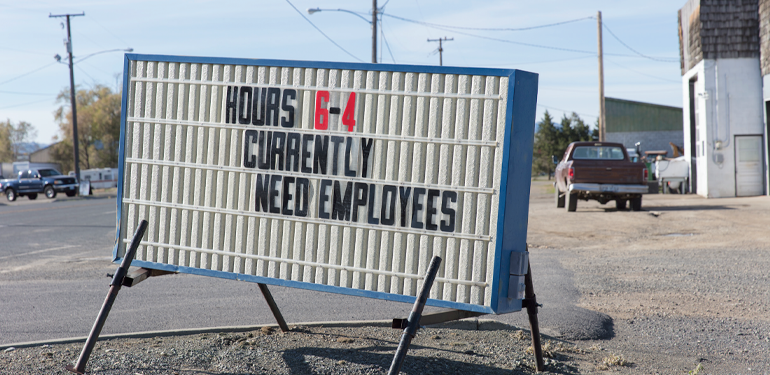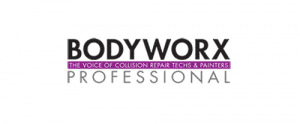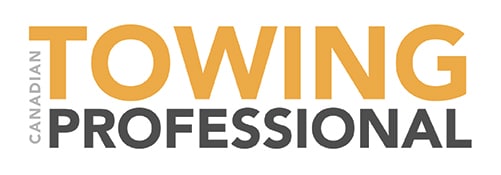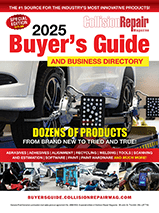Learn how you can be the belle of the bodyshop in your next interview process
By Ron Macdonald
COLLISION CENTRES ON HOW THEY SOURCE THEIR STAFF
If you’re looking for a job in the collision repair industry, now is the perfect time. Of course, the industry has been experiencing a skills shortage for upwards of a decade—but the effects of COVID-19 mingled with a steadily aging workforce has not aided the problem. Hands-on training all but went extinct in the height of pandemic lockdowns and, when schools did kick-off their classes, many students were met with newly developed hybrid-styled programs with a 50-50 split of in-person and practical experience.
In short, everything has changed. Collision centre owners, manag- ers and production floor teams are feeling the heat of the looming situation—and they need your talents. Bodyworx Professional spoke to some collision centre representa- tives across Canada to hear what kind of approach they take to the hiring process—and how you can appeal to the traits managers love at your next interview.
Social Butterfly 101
One of the simplest and most effective ways to get your foot in the door is through connection. The more people that know of your talents, the more people spreading the word of your greatness—and you never know who may be listening. Emily Lowe, a human resources and certification specialist at CSN OpenRoad Richmond Auto Body in B.C., explained that her family business finds the best candidates through everyday conversations.
“We typically find the most success when it’s a referral from a cur- rent employee,” she told Bodyworx. An existing staff member would never recommend someone who would only add slack to the team, nor would they jeopardize their relationship with their employer by recommending someone with a poor work ethic. Plus, this method of sourcing offers an employer a far more curated pool of candidates compared to an Indeed post.
Knowing just one person could connect you to a chain of talented collision centres across Canada.
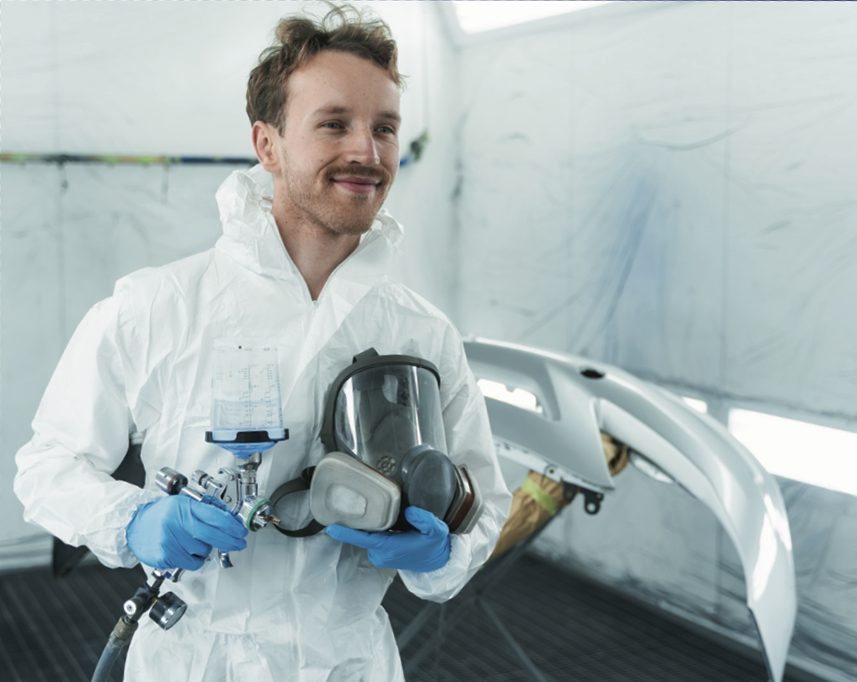
Indeed, it works
Speaking of Indeed, job posting platforms are still a viable strategy that hold the power to expand a business’s search beyond their immediate contacts—an obvious benefit to an applicant that may lack connections to the repair facility they’d like to work. This method provides a few strategies you can take to catapult yourself to the top of that eligibility list and secure yourself an interview. First, read the job posting carefully. Make a list of any words you see repeated more than once, and underline the words rewritten more than twice. Make a point to use those words in your cover letter—which you absolutely should be writing for any position you apply for. A cover letter does not have to be any more than 100 words, or ten sentences. Introduce yourself with your name and qualifications and add a sentence or two about your relevant experience, training or what you feel you could add to the team. If you’re no Shakespeare that’s fine, too—just take the initiative to call the business you’re applying to and introduce yourself to the manager or senior staff member available. It could be your ticket to securing the position.
Reputation is everything
The Canadian collision repair sector is a tight-knit community. Knowing just one person could connect you to a chain of talented collision centres across Canada. Effective businesses will always use their connections to their advantage. If you pique the hiring managers attention in the preliminary process, chances are they’ve asked their team of colleagues if they know about you, your attitude and your skill level. If they don’t receive enoughinformation or want additional details, then they’ll reach out to your provided list of references. In the event the applicant’s contacts are unreachable, the interview could include a demonstration portion in lieu of a reference. “If the applicant has no previous experience or is from out of province, we’ll sometimes have them prep a job for us,” said Lowe. “Just a small task—a painter would spray something for us. Just so we can get an idea of their skill level.” In short, come to your interview prepared to show the skills you’ve bragged about.
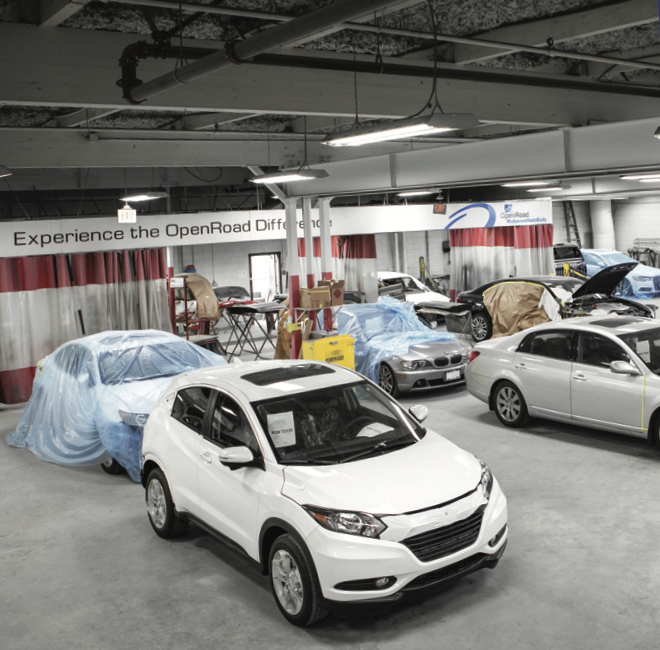
Ready to learn
The highest performing collision centres take initiative to train their staff to handle the ever-changing world of collision repair. If you’re not keen on participating in that training, it’ll only hurt you in the long run. Not only will your skills lag in comparison to colleagues as they rack up new techniques in their portfolios, but you miss out on team building experiences and ultimately risk hurting your workplace’s productivity. Bob Allen, shop manager at Grove Collision Repairs explains, “Sometimes they have to go for external training, and we take care of that for them.” Taking care of employees, no matter their skill level, is a key ingredient in his recipe for success: “It’s a family run business, so we are really big on family and taking care of people. We do everything we possibly can to make it a good experience.”
Pop on the personality
Your work ethic and overall attitude as a team player can make or break a job offer. When it comes to the actual sit-down interview segment, managers never underestimate the importance of a positive attitude, work ethic and cooperation. According to Wayne Faria, bodyshop operations manager at Don Valley North Collision Centre, confirming the candidate is a positive addition to the existing shop culture is crucial to the hiring process. “We have a very strong culture here and it took us a long time to achieve that. The last thing I want to do is bring someone on board who won’t fit into the culture and be a team player, no matter how talented they may be,” he said. A positive attitude is just as important as the practical skills you retain. New skills can be taught, but a good attitude is unchangeable


